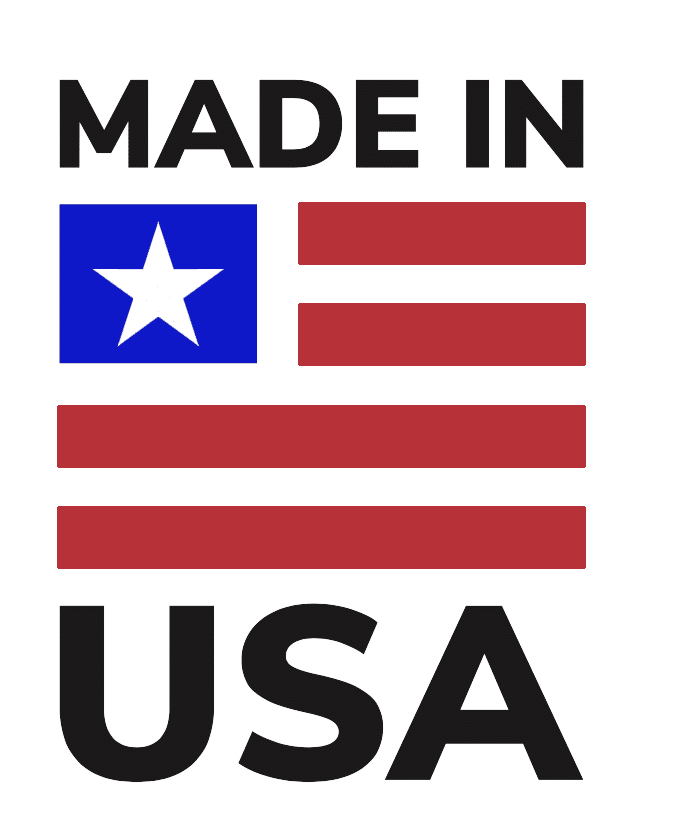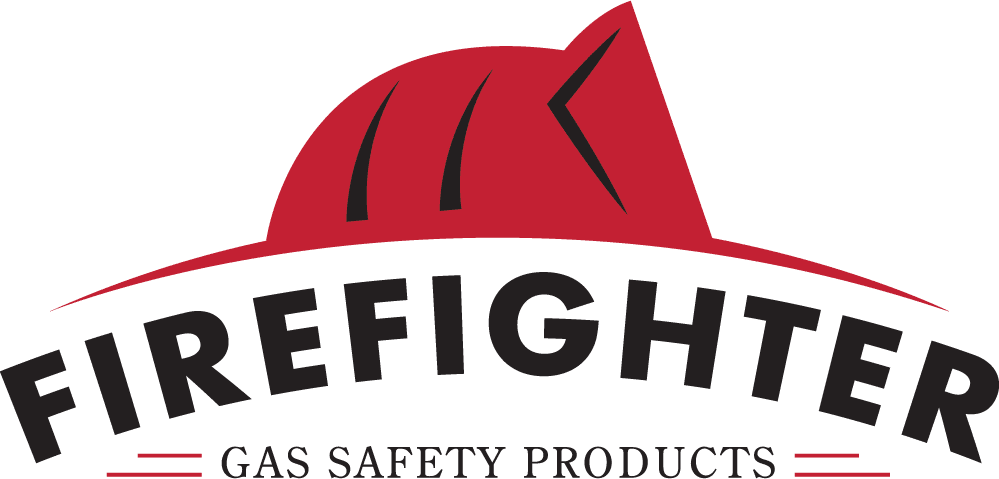

In the realm of home plumbing systems, the efficiency and reliability of water heaters are paramount for optimal performance. A critical component often overlooked in these systems is the water heater valve. According to the U.S. Department of Energy, water heating accounts for approximately 18% of a home's energy consumption, underscoring the importance of selecting the appropriate valve types to enhance efficiency and safety.
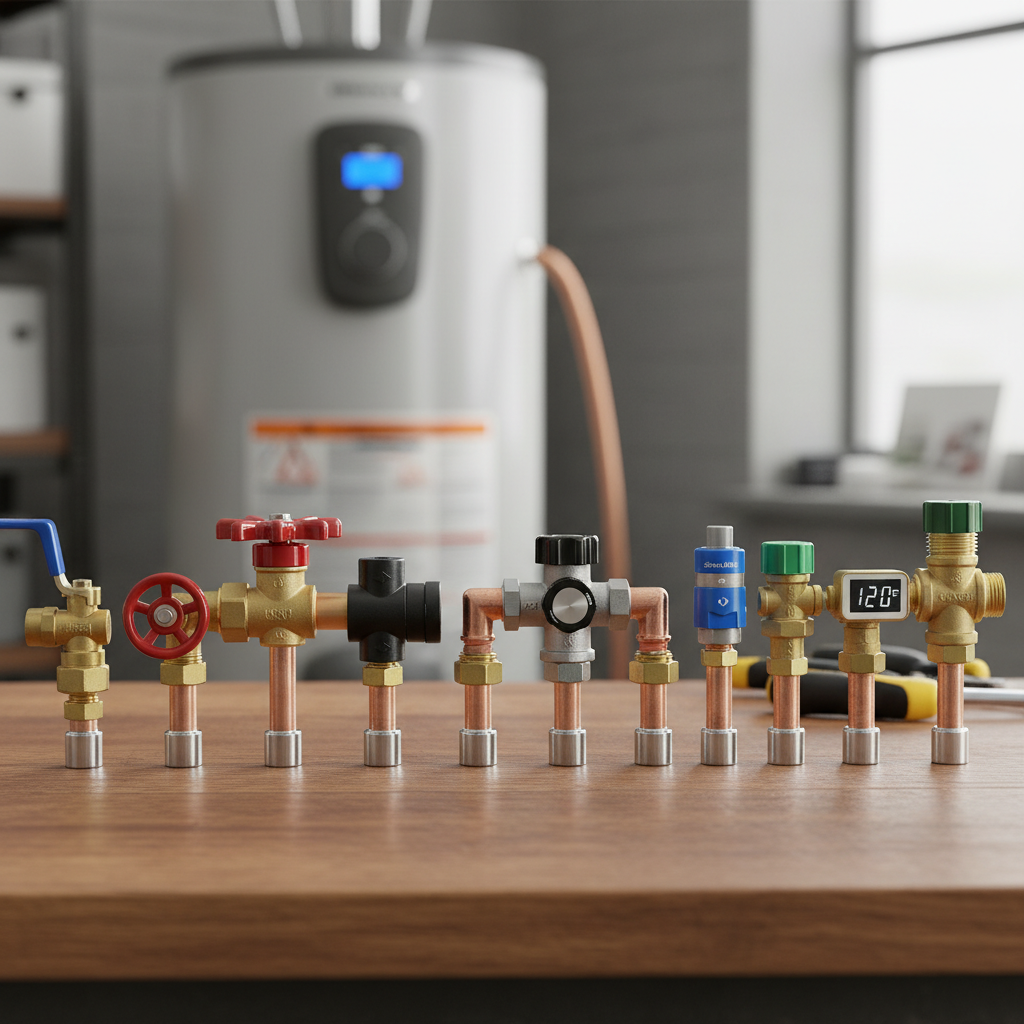
Water heater valves serve as an essential mechanism for controlling water flow and ensuring proper pressure regulation within the system. Industry studies indicate that the correct valve selection can lead to energy savings of up to 10% annually, highlighting its significance in achieving cost-effective performance. With the variety of valve types available, from temperature and pressure relief valves to gate and ball valves, understanding their functionality and application is vital for homeowners and plumbing professionals alike.
This guide delves into the top 10 water heater valve types you need to know, equipping you with the knowledge to make informed decisions that will foster longevity and efficiency in your water heating system.
When it comes to ensuring the efficiency of your water heater system, understanding the various types of valves is essential. Each valve plays a unique role in managing water flow and pressure, impacting both performance and safety. The most common types include the
pressure relief valve, which prevents excess pressure buildup by releasing water, and the shut-off valve, essential for isolating the heater during maintenance. These valves not only enhance the system's reliability but also contribute to energy efficiency.
In addition, the mixing valve allows for the safe delivery of hot water at a controlled temperature, reducing the risk of scalding while optimizing energy usage. Implementing a check valve is equally vital, as it prevents backflow, ensuring that water flows in one direction and maintaining system integrity. By familiarizing yourself with these key water heater valve types, you can significantly improve the overall efficiency of your heating system, ensuring it operates smoothly and effectively over time.
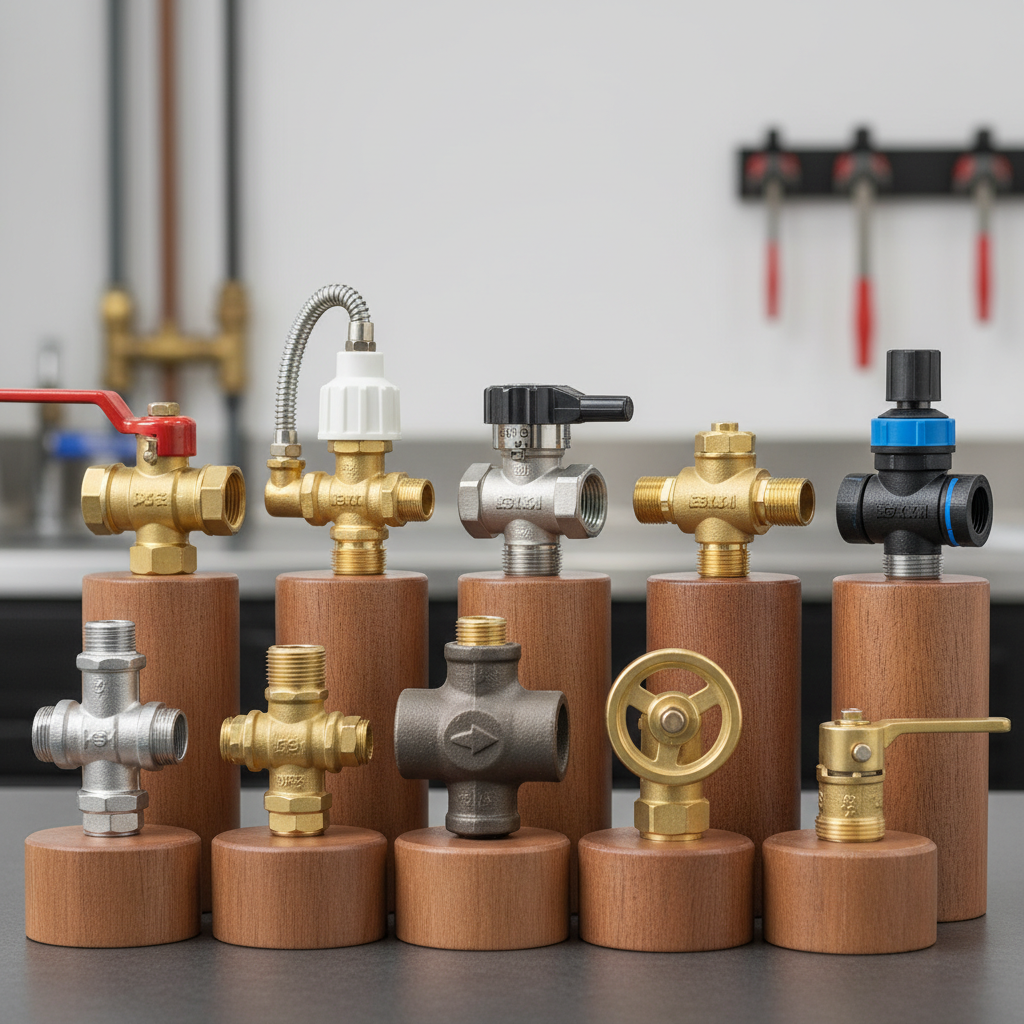
Temperature and pressure relief (TPR) valves play a crucial role in maintaining safety and optimal performance in water heater systems. According to the American Society of Plumbing Engineers (ASPE), improper functioning of these valves can lead to catastrophic failures, including explosions. TPR valves are designed to release excess pressure and temperature, ensuring that the water heater operates within safe limits. Statistics from the U.S. Consumer Product Safety Commission indicate that nearly 50% of water heater accidents are related to valve malfunctions, underscoring the importance of regular inspection and maintenance.
In addition to preventing dangerous situations, TPR valves are essential for maximizing energy efficiency. The Department of Energy's Energy Saver program states that a properly functioning valve ensures that your water heater uses energy more efficiently, which can lead to significant savings on utility bills. This efficiency is particularly relevant in settings such as commercial buildings where water heating demands are high. Regularly checking and replacing worn TPR valves can not only enhance safety but also contribute to overall operational efficiency, making this maintenance task a critical component of effective water heater management.
When it comes to optimizing heating systems, the choice between
ball valves and
gate valves is critical.
Ball valves, known for their quick operation and minimal pressure drop, can serve as an effective solution in many residential heating setups.
According to a 2022 report from the American Society of Plumbing Engineers, ball valves provide up to
80% flow efficiency compared to traditional gate valves.
This is particularly advantageous in high-demand scenarios, where the speed of the operation can significantly enhance system responsiveness and efficiency.
On the other hand, gate valves may still hold a vital role in applications where a
complete shut-off is necessary. While they typically offer lower flow efficiency—around
50% in some cases—gate valves excel in maintaining flow paths without restriction when fully open.
A comprehensive study published in the
Journal of Clean Energy Technologies highlighted that gate valves are preferable for their
durability and longevity in consistent flow applications, as they can handle
high-temperature and high-pressure conditions better than ball valves.
Ultimately, understanding these dynamics in valve selection can lead to superior performance and longevity for heating systems.
Check valves play a crucial role in the performance and longevity of water heaters by preventing backflow, which can lead to significant issues such as reduced efficiency and premature wear. According to industry reports, backflow can introduce contaminants into the water system, potentially causing damage to the heater and posing health risks to users. Utilizing a check valve ensures that water flows in one direction, effectively safeguarding the water heater from these potential pitfalls. This simple yet effective mechanism contributes to a more reliable hot water supply, increasing the lifespan of the unit by reducing stress on its components.
In addition to the benefits provided by check valves, the choice of water heater significantly impacts overall performance. Recent market analysis reveals a growing popularity of budget-friendly electric geysers, particularly models with efficient design and energy-saving features. These water heaters not only provide instant hot water but also incorporate advanced safety mechanisms, enhancing user experience. With options like 3-litre and 5-litre geysers seeing fluctuating prices, homeowners can find suitable models that offer both performance and affordability. Data from consumer reports suggest that investing in high-quality water heaters equipped with proper valve systems elevates reliability and durability, ensuring optimal functionality for everyday needs.
The chart above displays a comparison of the top 10 water heater valve types based on their performance ratings. A higher rating indicates better performance, functionality, and longevity, essential for maintaining optimal water heater efficiency.
In closed water heater systems, incorporating an expansion tank is essential for maintaining optimal performance and safety. As water is heated, it expands, creating increased pressure in the pipes. This pressure can lead to stress on the system, potentially resulting in leaks or burst pipes. An expansion tank acts as a cushion, absorbing this excess pressure and preventing damage to the water heater and plumbing fixtures.
The benefits of using an expansion tank in closed systems extend beyond mere pressure relief. It helps maintain consistent water temperature by allowing for thermal expansion, ultimately enhancing the efficiency of the water heating process. Furthermore, by reducing the risk of pressure surges, expansion tanks contribute to the longevity of the water heater, minimizing the need for costly repairs or replacements. Implementing this crucial component can lead to a more reliable and efficient hot water system, ensuring that homeowners experience uninterrupted access to hot water while prolonging the life cycle of their water heater.
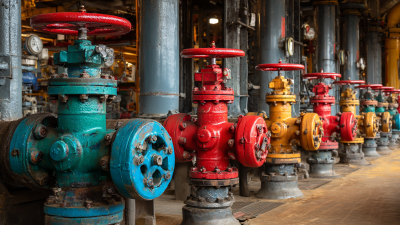
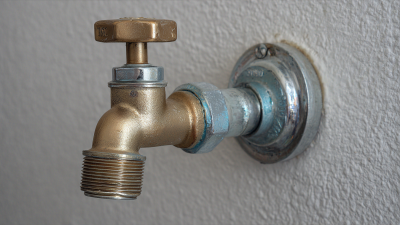
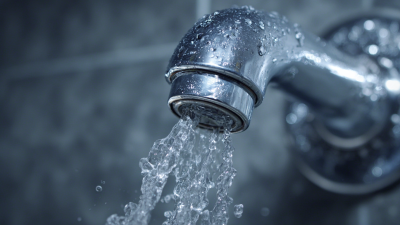
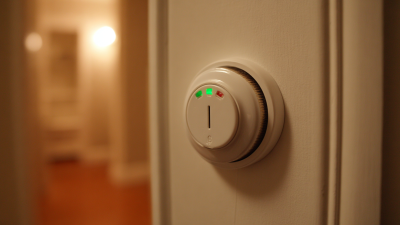
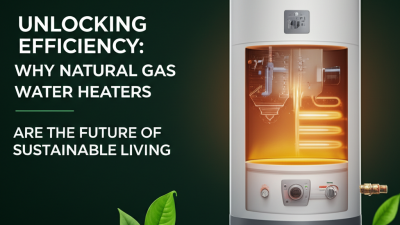
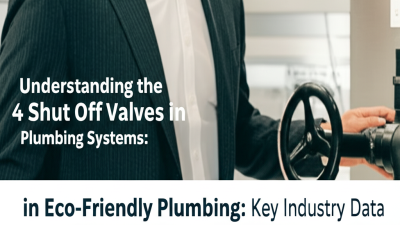
© Copyright 2025 | LittleFirefighter.com | All Rights Reserved | 1EZ Creative: Orange County Web Design
Fusce ut ipsum tincidunt, porta nisl sollicitudin, vulputate nunc. Cras commodo leo ac nunc convallis ets efficitur.

12345 North Main Street,
New York, NY 555555
1.800.555.6789
sale@vibrotools.com
